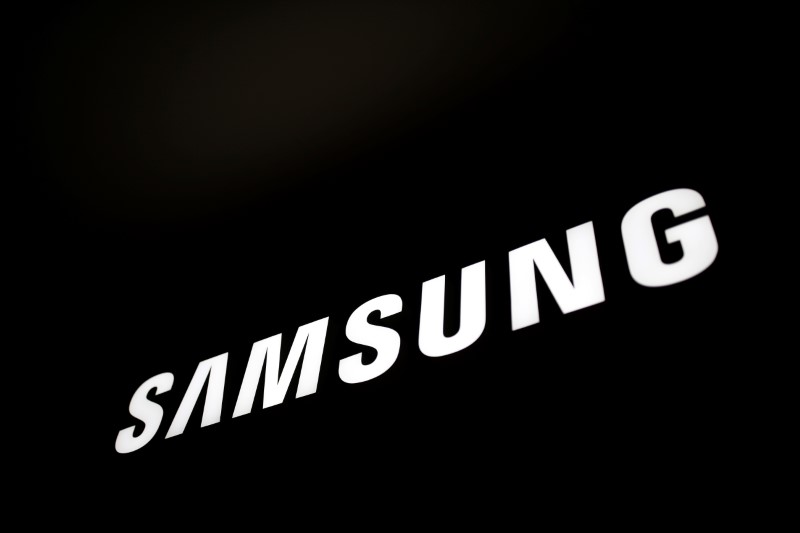(Bloomberg Opinion) -- With President Donald Trump busy threatening tariffs on Mexico, you’d be forgiven for missing the emergency flares from the other side of the Pacific.
South Korea, a bellwether for global trade, has delivered a couple of stunners. Government data this weekend showed exports – which comprise about half the economy – fell for a sixth consecutive month. Shipments dropped 9.4% in May from a year ago, exceeding forecasts of 6.6%. Semiconductor exports plunged by roughly 30%. To China alone, the decline was 20%. So grave is the situation that Samsung Electronics (KS:005930) Co., the country’s largest company and biggest exporter, held a meeting with top executives over the weekend to discuss how to deal with the deteriorating business environment.
That makes South Korea's interest-rate statement on May 31 all the more curious. The Bank of Korea held borrowing costs, a flawed decision that was nevertheless anticipated by most economists. BOK Governor Lee Ju-yeol not only stood by his 2019 growth forecast of 2.5%, which few observers consider credible given the economy’s contraction last quarter, but gave few indications a rate cut would be forthcoming soon.
It's this head-in-the-sand quality of the central bank's rhetoric that distinguishes the BOK from its peers in the region. By this point, South Korea should not only be cutting rates, but countenancing possibilities of what happens when its main rate, now 1.75%, falls below 1%. What happens when the price of money approaches zero? Quantitative easing, Seoul-style, hasn't really been on investors' radar. Maybe it should be.
It's hard to see what's holding up the BOK; among deterrents is surely the acknowledgment that November's hike, the first in a year, was a big mistake. The economy is too weak now to worry about pride. Officials may also be waiting to see if America and China can come to an accommodation on trade. While they have good company, that’s no excuse for inaction.
Officials have aired concerns about South Korea's currency, the won, which they’ve said has been declining too fast. In theory, lower interest rates would exacerbate the currency's vulnerability. The BOK has also voiced concern about high levels of household debt, which was mentioned again Friday. Both are things central bankers legitimately need to take into account, all else being equal. But things are not equal when the driver of half your economy is in a tailspin.
It's possible the hear-no-evil, see-no-evil stance could be followed by a complete reversal at the BOK's next scheduled meeting on July 18. One board member, Cho Dong-chul dissented in favor of a cut, which could be a precursor to one. Inflation is quiescent and a lot would have to go right for the BOK's growth numbers to come close to panning out. Capital Economics estimates GDP would have to increase 1.1% in each of the next three quarters to make the 2.5% target, nearly double the pace of the past two years.
The silver lining might be that South Korea’s corporate sector is already getting wise. Over the past several months, Samsung has trimmed capital spending and controlled operating costs in anticipation of a slowdown, as my colleague Tim Culpan explained here. The result is a rise in free cash despite declining revenue, putting it in a strong position to weather the storm.
South Korea looks like it needs a top-to-bottom review of how monetary policy is conducted. If only its central bankers hung out more at Samsung.
